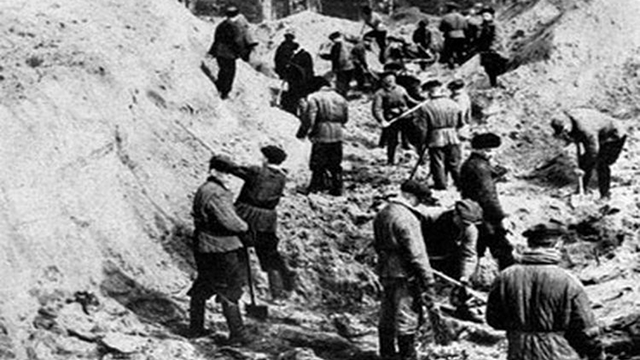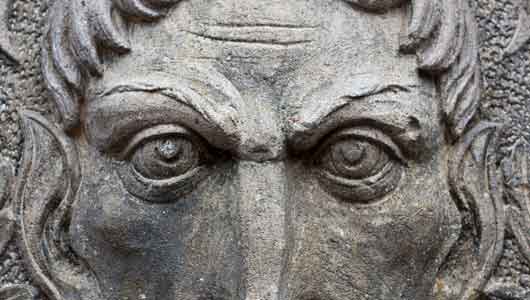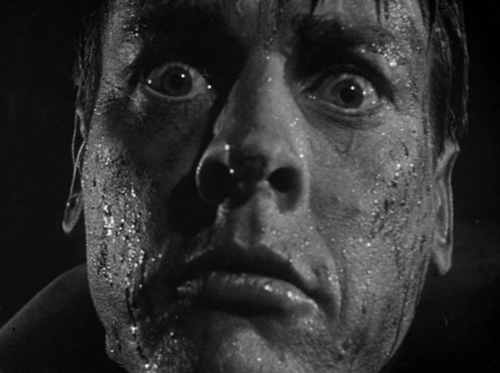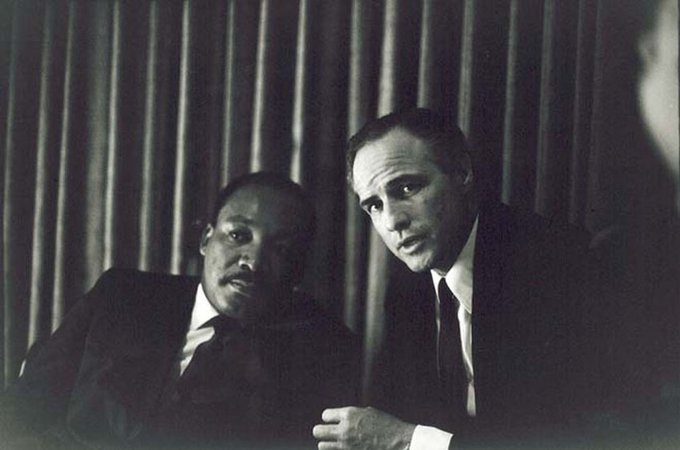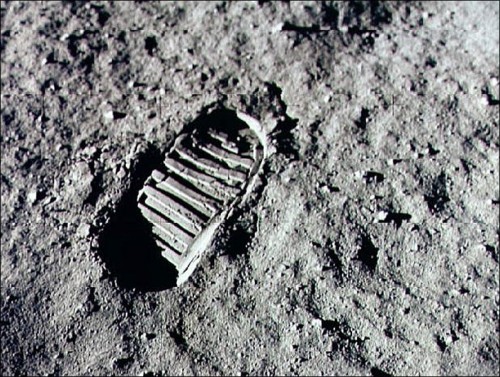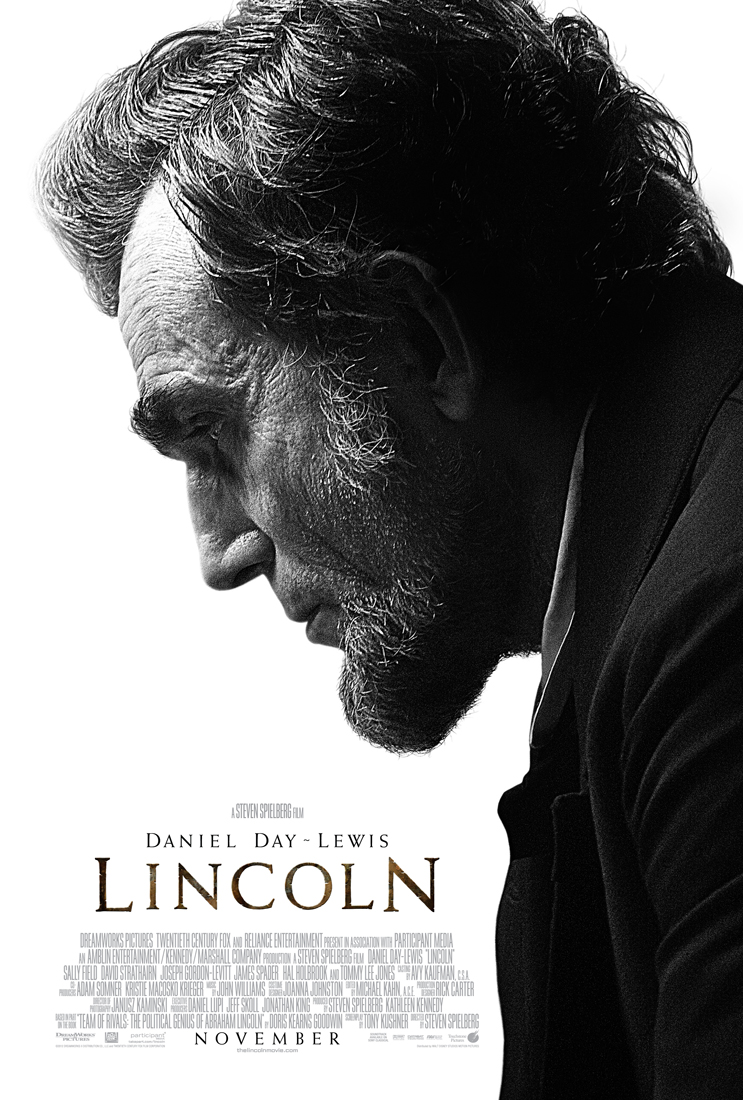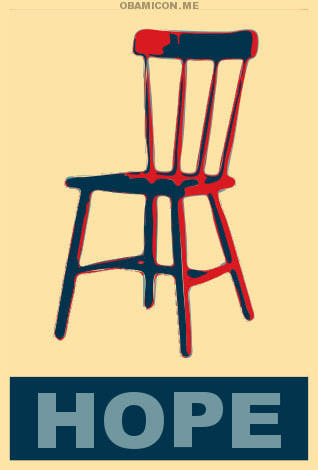
So…regarding
Clint Eastwood’s much-maligned empty chair speech: I actually liked it. Not for its content per se – It was discursive and rambling and definitely embarrassing to sit through. But I admired it for being a brief burst of weirdo-improv in the midst of a four-day-long political commercial that’s usually been scripted right down to the second.
There was also the added bonus that Clint’s speech helps make the old dissertation that much more timely. Since, as it happens, the empty-chair routine was a favorite campaign trick of Burton Wheeler, Robert La Follette’s vice-presidential running mate in 1924. To pull the relevant paragraph:
“Wheeler got particularly good mileage out of debating an empty chair or cross-examining a straw dummy about Teapot Dome and various other campaign issues. ‘You knew all about the oil scandals and the Ohio gang, didn’t you?’ Wheeler would ask. Then, after the ensuing silence, he would add, ‘Well, knowing all these things, you kept quiet, didn’t you? And now you have the reputation of being a strong, silent man, haven’t you?’ Here, Wheeler told voters, was America’s ‘Silent Cal.’“
Clint’s gonzo chair bit also brought to mind one of my favorite chapters to write, on the disastrous 1924 Democratic Convention in Madison Square Garden — in which Al Smith and William McAdoo were dead-locked for over two weeks and 103 ballots, before the Democracy settled instead on West Virginia lawyer John W. Davis. To give you a flavor of the disaster:
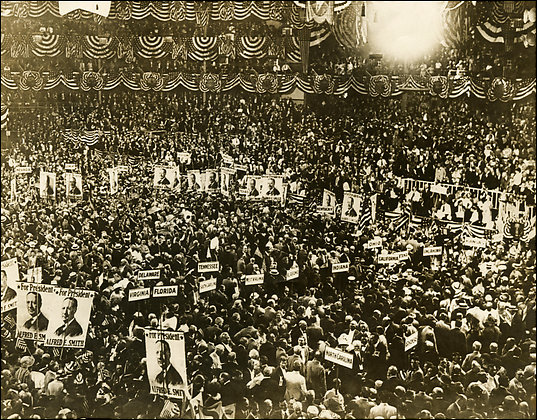 ‘This thing has got to come to an end,’ begged Democratic humorist Will Rogers a week into the ensuing fiasco, ‘New York invited you as guests, not to live.’ In years to come, Rogers quipped, when little children asked their fathers if they were in the war, they would reply, ‘No, son, but I went through the New York Convention.’ Mencken harrumphed that the ‘convention is almost as vain and idiotic as a golf tournament or a disarmament conference.’ Journalist Arthur Krock deemed the unfolding Democratic nightmare ‘a snarling, cursing, tedious, tenuous, suicidal, homicidal roughhouse.’ Lippmann thought the Democrats had taught America ‘more at firsthand about the really dangerous problems of America’ and ‘learned more of the actual motives which move the great masses of men than anyone of this generation thought possible.’ ‘No man or woman who attended the Convention of 1924 in the old Madison Square Garden will ever forget it,’ Daniel Roper, one of McAdoo’s lieutenants, said later in life. ‘This country has never seen its like and is not likely to see its like again.’ Over three decades later, Al Smith’s daughter still remembered those sixteen days with a shudder. ‘Traits that I do not like to think of as American played too great a part that year,’ she winced.
‘This thing has got to come to an end,’ begged Democratic humorist Will Rogers a week into the ensuing fiasco, ‘New York invited you as guests, not to live.’ In years to come, Rogers quipped, when little children asked their fathers if they were in the war, they would reply, ‘No, son, but I went through the New York Convention.’ Mencken harrumphed that the ‘convention is almost as vain and idiotic as a golf tournament or a disarmament conference.’ Journalist Arthur Krock deemed the unfolding Democratic nightmare ‘a snarling, cursing, tedious, tenuous, suicidal, homicidal roughhouse.’ Lippmann thought the Democrats had taught America ‘more at firsthand about the really dangerous problems of America’ and ‘learned more of the actual motives which move the great masses of men than anyone of this generation thought possible.’ ‘No man or woman who attended the Convention of 1924 in the old Madison Square Garden will ever forget it,’ Daniel Roper, one of McAdoo’s lieutenants, said later in life. ‘This country has never seen its like and is not likely to see its like again.’ Over three decades later, Al Smith’s daughter still remembered those sixteen days with a shudder. ‘Traits that I do not like to think of as American played too great a part that year,’ she winced.
And, for the first time in history, the convention had all been broadcast nationwide through the miracle of radio.”
In fact, one of the first-ever radio catch-phrases emerged from the 1924 convention, when the Governor of Alabama, William Brandon, kicked off each round of voting with the same sentence: “Alabamah casts twenty-foah votes for Oscah Dubya Undawood!” (For years later, a resolute man or woman would be considered ‘as steady as Alabama for Underwood.’) In any case, back then memorable, often un-scripted or badly-scripted Eastwood-esque speeches were the norm. To take just a few notable examples:
James Phelan, nominating McAdoo: “When the roll of states got to California, boss James Phelan gave a florid fifty-minute nominating speech for McAdoo that was deemed by observers ‘the worst speech never heard.’ It, according to others, nearly ‘stampeded the convention of Smith’ and would have killed ‘Thomas Jefferson running on a ticket with Andrew Jackson.’ Long before Phelan got to his closing, the galleries were desperately screaming ‘Name your man! Name your man!’ When he finally Mc’did, McAdoo forces festooned with buttons and hatbands reading ‘Mc’ll do!’ broke out in an hour-long celebration, chanting ‘we don’t care what the Easterners do; the South and West are for McAdoo!’ In response, the galleries bellowed ‘Ku Ku, McAdoo!’ and ‘No oil on Al!’ The situation was only just beginning to get out of hand.”
FDR, nominating Al Smith: “When the roll of states reached Connecticut, the delegation yielded to their neighbor New York, meaning, everyone knew with bated breath, it was time for Al Smith’s official nomination. The deliverer of this good news to the galleries, on account of his relative stardom and offsetting attributes to the candidate, was Smith’s campaign manager, Franklin Roosevelt. (When Joseph Proskauer first pitched the idea to Smith, the candidate asked, ‘For God’s Sake, why?’ Proskauer replied, ‘Because you’re a Bowery mick and he’s a Protestant patrician and he’ll take some of the curse off of you.’)”
“Helped by his teenage son Jimmy, whose arm he gripped so hard it bruised, Roosevelt slowly made his way to the lectern on crutches. Once there – Joseph Guffey of Pennsylvania had already tested that ‘the pulpit’ could bear Roosevelt’s weight – he turned on the charm, winning the McAdoo crowd over right away by gently admonishing the galleries above. Then, delivering a speech written by Proskauer (although Roosevelt would rarely admit to it later), Roosevelt praised Al Smith as ‘the Happy Warrior of the political battlefield,’ a moniker, derived from Wordsworth, that would stick to Smith as surely as ‘The Sidewalks of New York’ had in 1920. The Smith crowd loved every minute of it, and the McAdoo crowd was quietly impressed – Franklin Roosevelt was back.”
Andrew Erwin, on the Klan:: “As soon as the anti-Klan plank was read, the floor and the galleries both went into full hysteria…by the time pro- and anti-Klan speakers began making their remarks late in the evening, the assembled Democrats were cheering and hissing with abandon. The wall of noise became particularly intense during the remarks of Andrew C. Erwin, the former mayor of Athens, Georgia. Expecting pro-Klan nostrums from the Georgian, the pro-Smith galleries booed Erwin mercilessly – until the room slowly started to realize that Erwin was actually denouncing the Klan, at which point a lusty cheer erupted from up above even as McAdoo Alley wailed with rage. When Erwin went back to his seat, only one member of the Georgian delegation stood to welcome him.”
William Jennings Bryan, on the Klan: “The last speech on the Klan issue was delivered by William Jennings Bryan, who pleaded with anti-Klan delegates that everyone could agree if only the three words ‘Ku Klux Klan’ were left out of the platform. It went over like a lead balloon. The galleries were so vociferous in their booing of the Great Commoner that Bryan had to stop three times. On the third such interruption, [Thomas] Walsh rose up and began gaveling and screaming in fury to quiet the balconies down. Rattled, Bryan slipped into the cadences of the church and implored the unruly congregation ‘in the name of the Son of God and Savior of the world. Christians, stop fighting and let us get together and save the world from the materialism that robs life of its spiritual values.’ The crowd was having none of it, and Bryan retreated to a chair on the platform, too tired to walk back to his seat with Florida. It wasn’t even his worst speech of the convention.”
(Note: For a very funny book-length treatment of the 1924 convention, check out Robert K. Murray’s The 103rd Ballot.)
